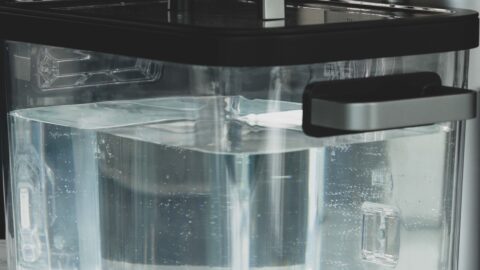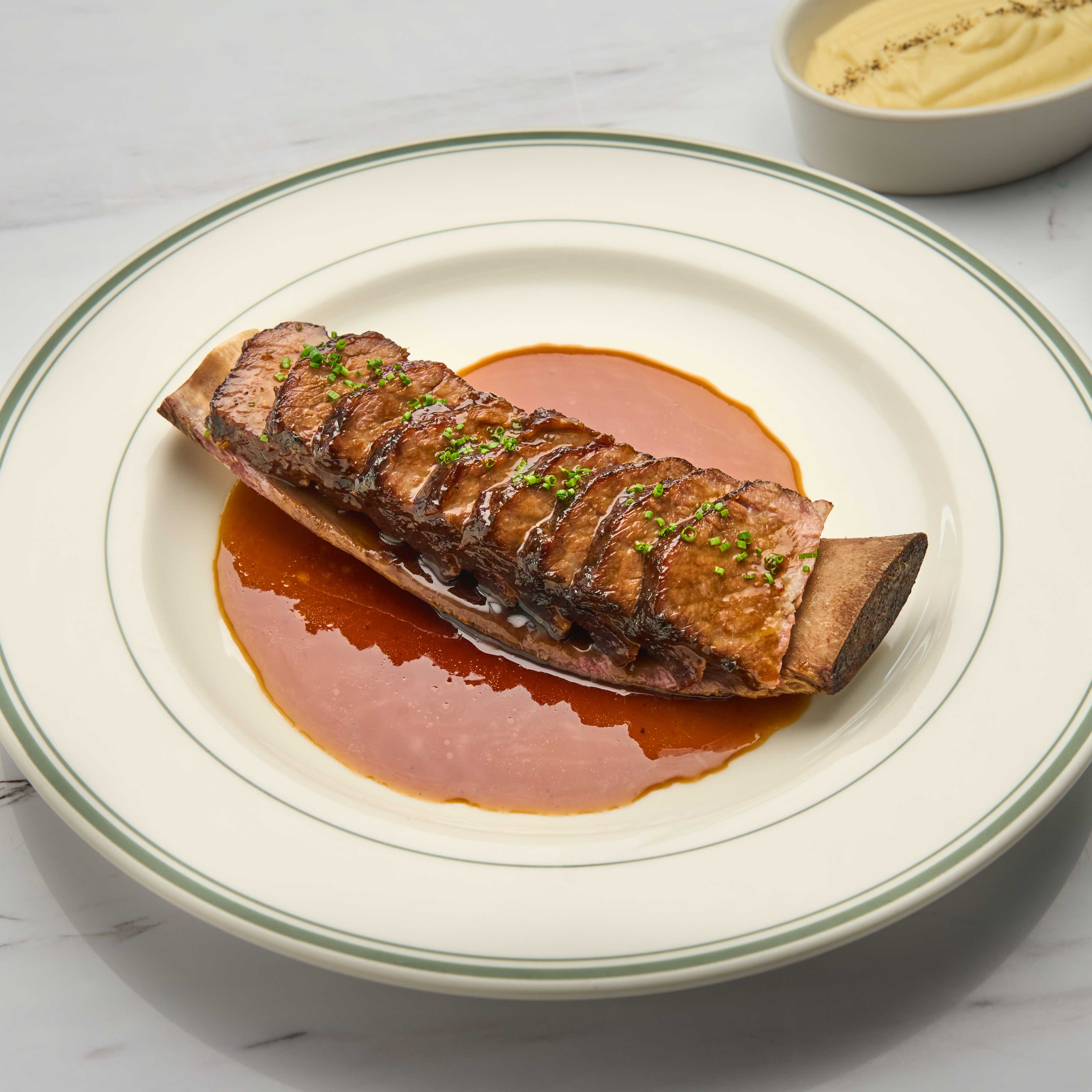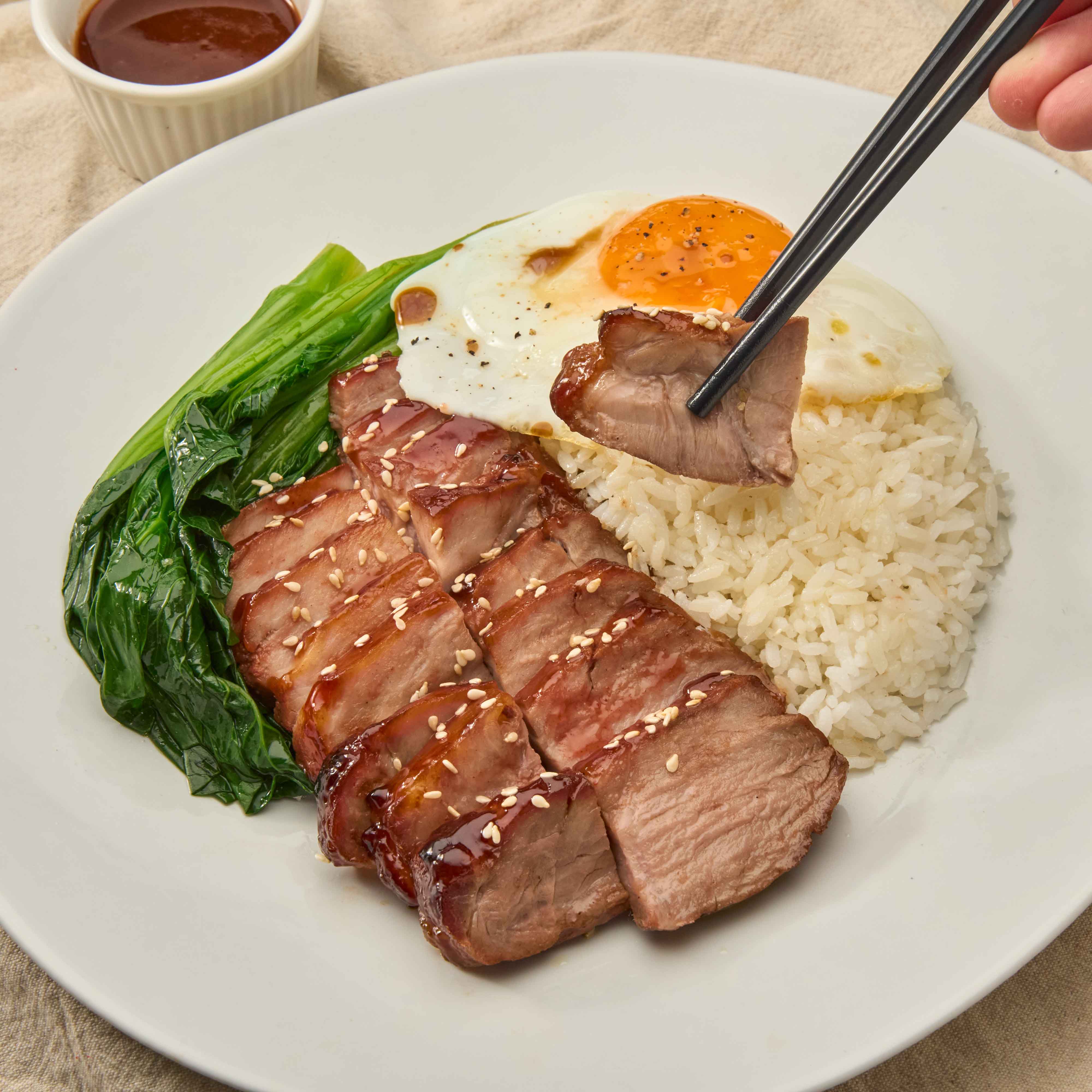Today’s coffee enthusiasts have an almost endless number of brewing options. Whether it is drip, pour over, French Press, or even Aero Press to name a few, the perfect cup of Joe is always just on the horizon.
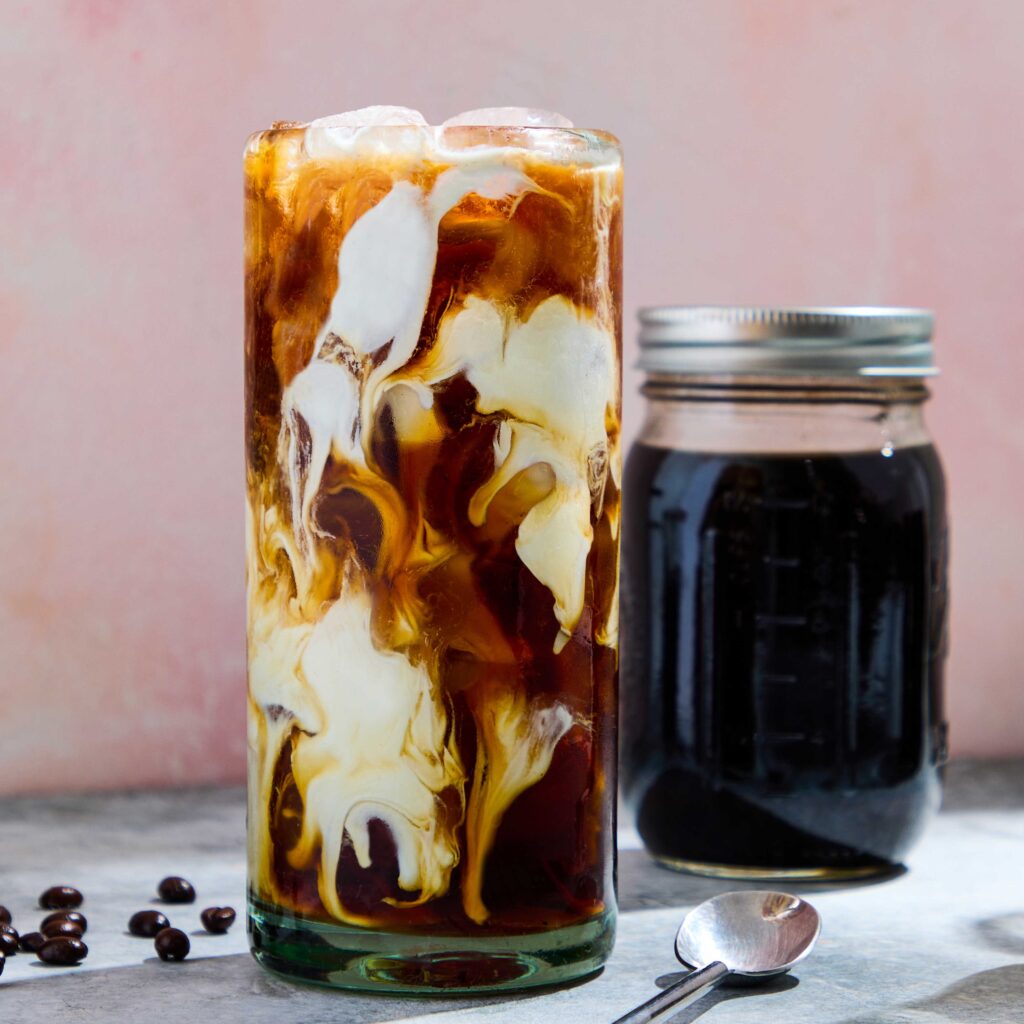
So why Cold Brew and what is it?
What is Cold Brew Coffee?
To start, we enjoy making coffee in various ways in our test kitchen, but cold brew is among our favorite methods for making a smooth and flavorful cup of coffee. It doesn’t require any fancy equipment and yields truly delicious results. All you need is some quality coffee, water, and a bit of time.
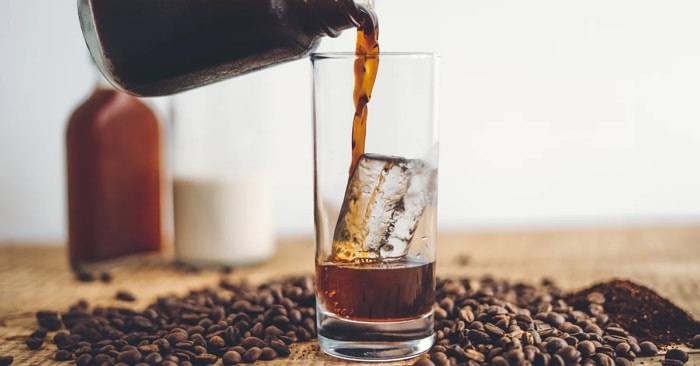
When it comes to making cold brew, the generally accepted ratio is 8 parts water to 1 part coffee. For example, you can combine 16 fluid ounces of water with 2 ounces of fresh coffee grounds to make 2 cups of cold brew coffee concentrate. Once the coffee grounds and water have been combined, they will need to brew at room temperature (70°F) for a minimum of at least 7 hours and no more than 24 hours.
Keep in mind that the longer the coffee brews the stronger it will become. We personally prefer a 12-hour brew which makes a strong concentrate that we later dilute with either ice, water, or cream.
While there are a ton of fancy tools dedicated to cold brewing coffee, all you really need is a vessel large enough to hold the coffee and water and a coffee filter for straining after brewing. It’s that easy!
How Does Cold Brew Compare to Hot Brewed Coffee?
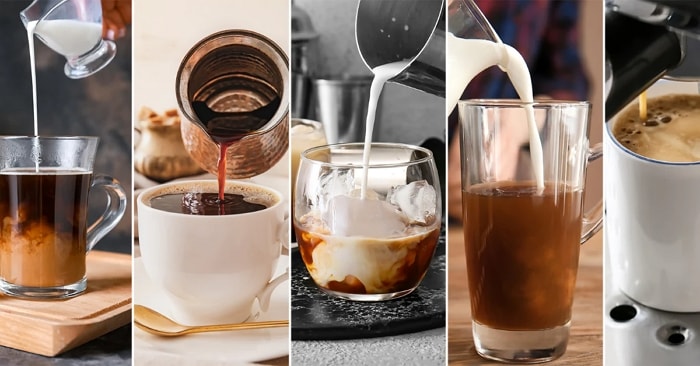
Before diving into the difference between hot and cold brewed coffee, we should state that both methods can produce really tasty results and it really comes down to personal preference and tastes.
Generally, hot brewed coffee is made with water heated between 195°F and 205°F. According to Megan Fuller, Ph.D. At Philadelphia University, hot brewing coffee creates a “high energy system” which expedites the brewing process and allows us to enjoy a cup of coffee in just a few minutes. Cold brewed coffee uses a “low energy system” which requires a significantly longer brewing time.
The Truth About Acidity!
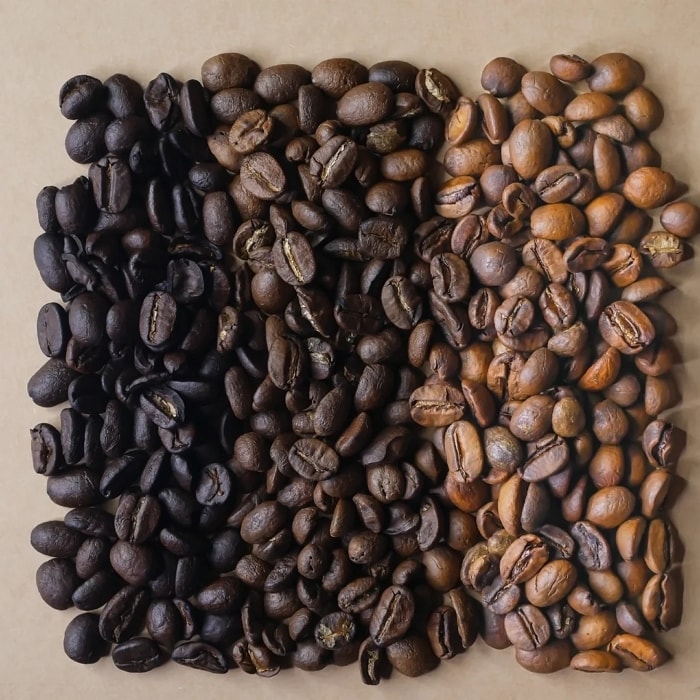
Over the years, there have been numerous claims that cold brewed coffee is less acidic than its hotter counterpart. Some have even claimed that cold brew is 60- 70% less acidic than hot brewed coffee.
According to the most recent research done by Megan Fuller, Ph. D., and Niny Rao, Ph.D., of Philadelphia University, the PH levels (an indicator of acidity) between hot and cold brewed coffee are quite similar and in some cases the same.
The main factor for determining the acidity of coffee is actually the level of roasting. Lighter roasted coffee beans tend to have increased acidity while darker roasted coffee generates a far less acidic cup of java.
So why all of the hype around cold brew?
It turns out that we still do not quite understand all of the compounds that are released when hot brewing coffee, but it can be theorized that these compounds do in fact affect the overall flavor and perceived acidity.
One thing that is clear, is that when darker roasted coffee is hot brewed, it releases more antioxidants than cold brewed coffee, which technically makes it a healthier option. For more information on the chemistry of cold brewed coffee please refer to the references at the end of this article.
Sous Vide Cold Brew: A Fast and Tasty Solution for Your Cold Brew Needs
Before continuing to read this article, if you are new to sous vide cooking then we suggest taking a look at our complete guide to what is sous vide cooking. This article provides a thorough explanation of sous vide cooking and all of its various benefits.
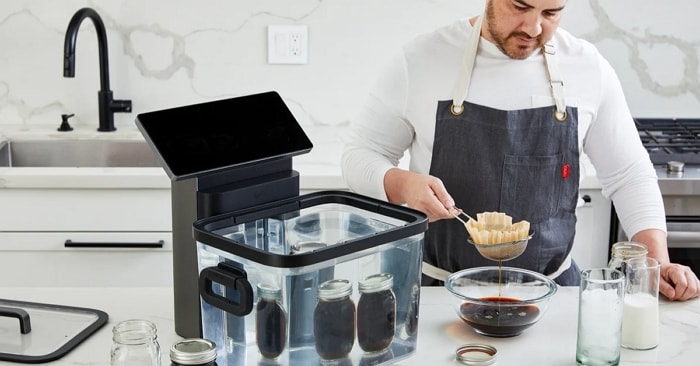
The precision temperature control of sous vide cooking delivers the unique opportunity to achieve “cold brewed” results in a fraction of the time that traditionally cold brewed coffee is made.
In fact, you can make a delicious batch of cold-brewed coffee in just 2 hours. How is this possible? By drastically lowering the brewing temperature from 195°F to 150°F, we are able to generate a moderately “high energy system” that extracts the coffee without all of the compounds that generate some of the perceived “strange or acidic” flavors of coffee brewed at higher temperatures.
The end result is a smooth and flavorful cup of coffee that is on par with a traditional cup of cold brew.
A few things to keep in mind when preparing your sous vide “cold brew” coffee. The longer you leave the coffee in jars with the grounds after sous viding, the stronger the flavor and extraction will be.
While we suggest a ratio of 8:1, this is not a hard rule and you should feel free to adjust the ratio until you reach the desired flavor and strength of coffee that you desire.
Our recipe produces a strong brew best enjoyed when diluted with a bit of water, ice, or cream/ milk. Lastly, when it comes to both traditional and sous vide cold brew, you will want to use coarse ground coffee.
New to Sous Vide?
Here at Typhur, we bring you restaurant-grade appliances that make sous-vide cooking easier than ever. The Typhur Sous Vide Station has all of your essentials in one place, making it easy to cook like a professional in the comfort of your home. With this versatile machine, you can even explore unique recipes like sous vide cocktails to elevate your drink-making game.
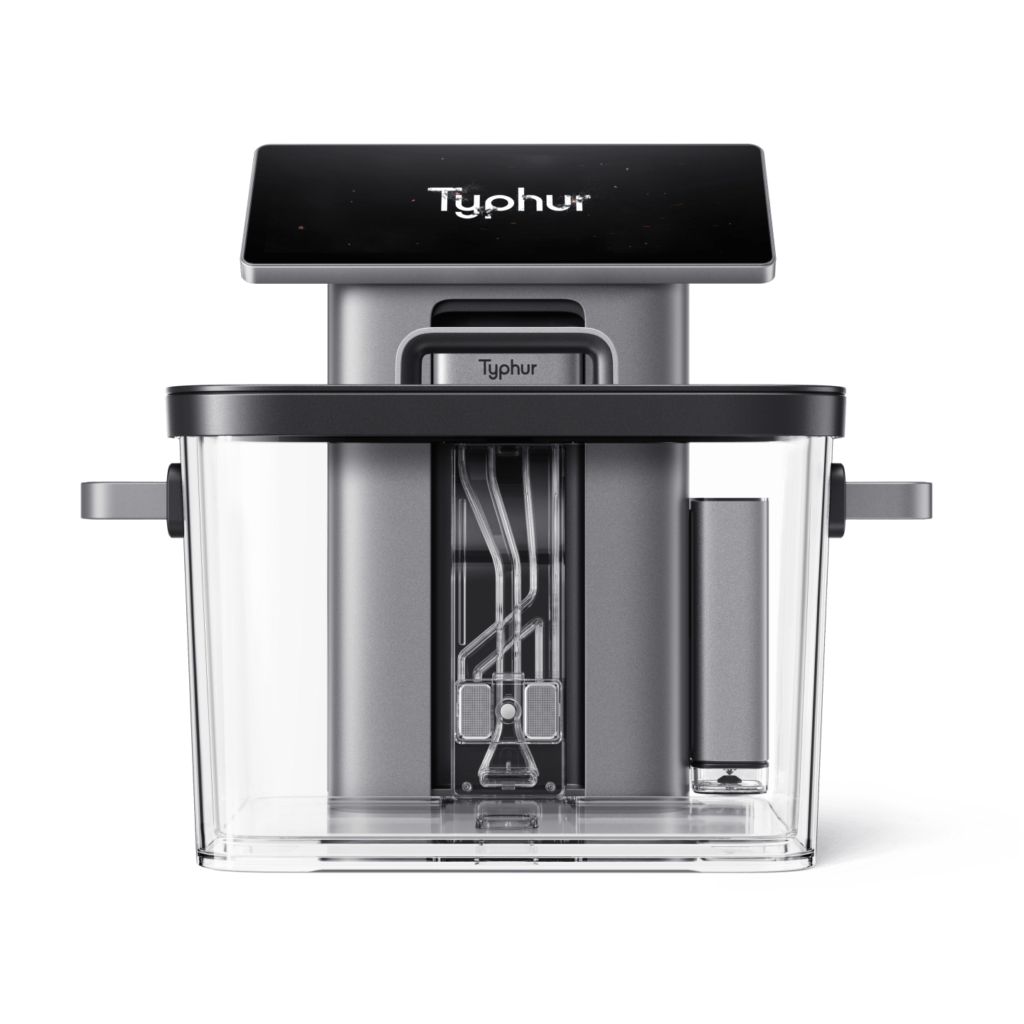
All-in-One Sous Vide Machine
Every station comes with a handheld vacuum sealer, vacuum bags, a double-layered water tank, 1750 watts of power, and a built-in 12.3-inch touch panel with free recipes that update on a regular basis. We make it simple to experiment with new cooking techniques and ace chef-created recipes with precision every time.
If you are interested in learning more about Typhur kitchen appliances and the Sous Vide Station, check out more information right here today!
References:
American Chemical Society. “Using chemistry to unlock the difference between cold- and hot-brew coffee.” ScienceDaily. ScienceDaily, 2 April 2020. www.sciencedaily.com/releases/2020/04/200402134618.htm
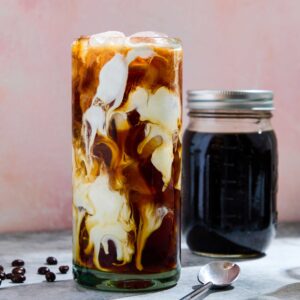
Cold Brew Coffee
Video
Equipment
- 16 Ounce Ball Jars with Lids
- Coffee Filters
- Fine Mesh Kitchen Strainer
- Tongs
Ingredients
- 1 cup Coffee coarse ground
- 8 cups Water
Instructions
- Add enough water to the sous vide container to ensure that the ingredients are fully submerged and the minimum quantity of water is reached. Complete set up by securing the circulator tower to the sous vide container.
- While the water bath is heating to the target cooking temperature, please move on to preparing the coffee.Temperature: 150.8 °F Time: 2 hours

- Evenly distribute the ground coffee between each of the jars followed by 2 cups of water. Stir to incorporate. Place the lids on the jars and tighten them.1 cup Coffee, 8 cups Water
- Using a pair of tongs or a jar lifter, gently lower the jars of coffee into the water bath.
- Allow the coffee to slowly brew for the duration of the given cooking time.

- After removing the coffee from the water bath, carefully strain it through a coffee filter.
- Your coffee is now ready to enjoy. While the coffee has a smooth flavor, it is concentrated, so we suggest serving over ice or diluting each cup with a 1/4 cup of water.
Nutrition PER SERVING
(Nutrition information is calculated automatically by Spoonacular API and should be considered an estimate.)

